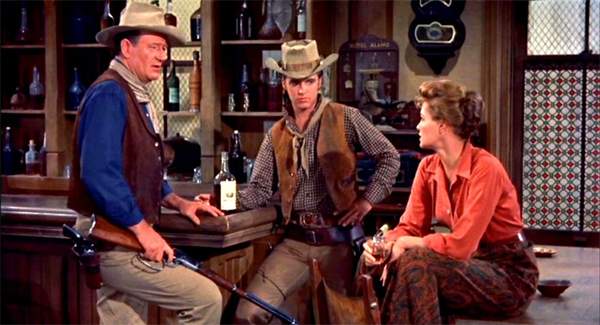September 29th Log
ONCE
2006, John Carney, Ireland
Repeat Viewing, Theater
"Take this sinking boat and point it home..." Once is a simple film, and it is in it’s simplicity that it becomes sweet, lovely, and heartbreaking all at one time. The joy is to see the little details of the film and to embrace them like you would a great song. By little details I mean the gestures, the smiles, or even the sounds of a voice that define this beautiful film and it’s wonderful characters. Once is very much a re-imagination of the Hollywood music, set towards realism. The narrative of this film is pretty simple, but the moments in-between or within the narrative is what transcends this film beyond simplicity. The film has the flow of a song, reaching a moment of pure gold when the Guy (Glen Hansard) and Girl (Marketa Irglova) take a quiet moment together to play a song. At every moment writer-director John Carney (who is a co-member of the band The Frames with Hansard) gives us such a sense of the settings and in this pivotal scene we are intimately taken into the characters as they connect through music (it is heighten by a terrific song – ‘Falling Slowly’). The film later reaches it triumph peak in a beautifully composed one-shot take of Irglova walking home from a convenience store singing her lyrics to Hansard’s music. Of course the films final moment is unforgettable, as the music and narrative come together in a bittersweet ending that captures the connection of music and love as a collective one. Not to be without mentioning is the lead performances from Glen Hansard and Marketa Irglova, both of whom are real life musicians and have worked together in the past (in 2006 they released The Swell Season). Hansard and Irglova are simply perfect onscreen together and easily define the heartfelt love and friendship of the film, one that is honest and even inspiring in its celebration of music and togetherness.



